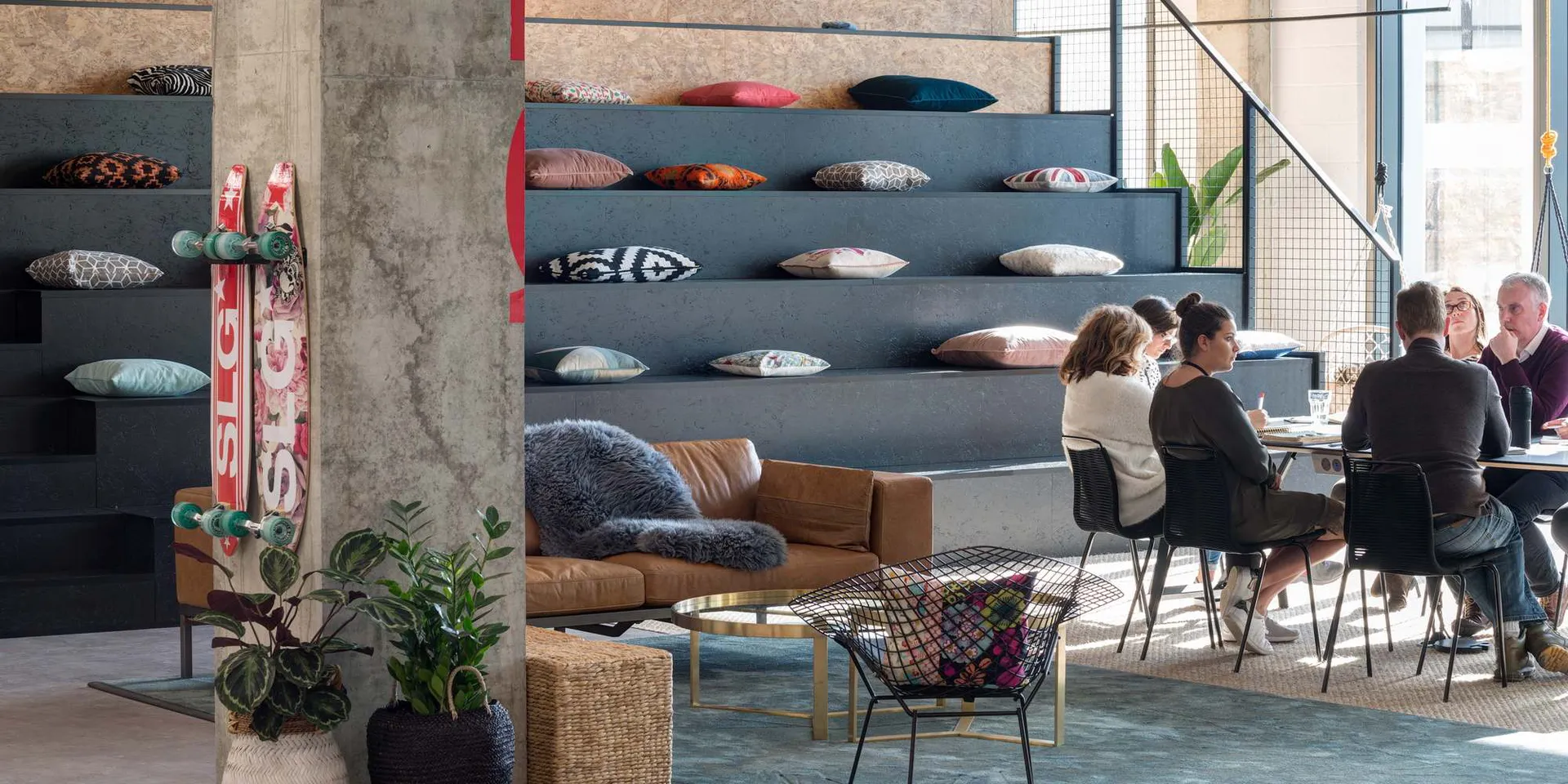
Modular Workspaces
Today's employees are requiring more flexibility in their workspaces. In this blog we look at how best to design a space to increase productivity, creativity, collaboration and employee happiness...
In this blog we’ll be looking at the benefits of designing modular, flexible workspaces. In Andy Swan’s The Human Workplace (2018), he says that “better humans do better work”, going on to explain that it is “the organisation’s responsibility to enable that”. Managers have long thought about how best to design a space to increase productivity, creativity, collaboration and employee happiness. But workspace design hasn’t been able to keep up with the pace and change of work today. Today’s employees require more flexibility in their workspaces.
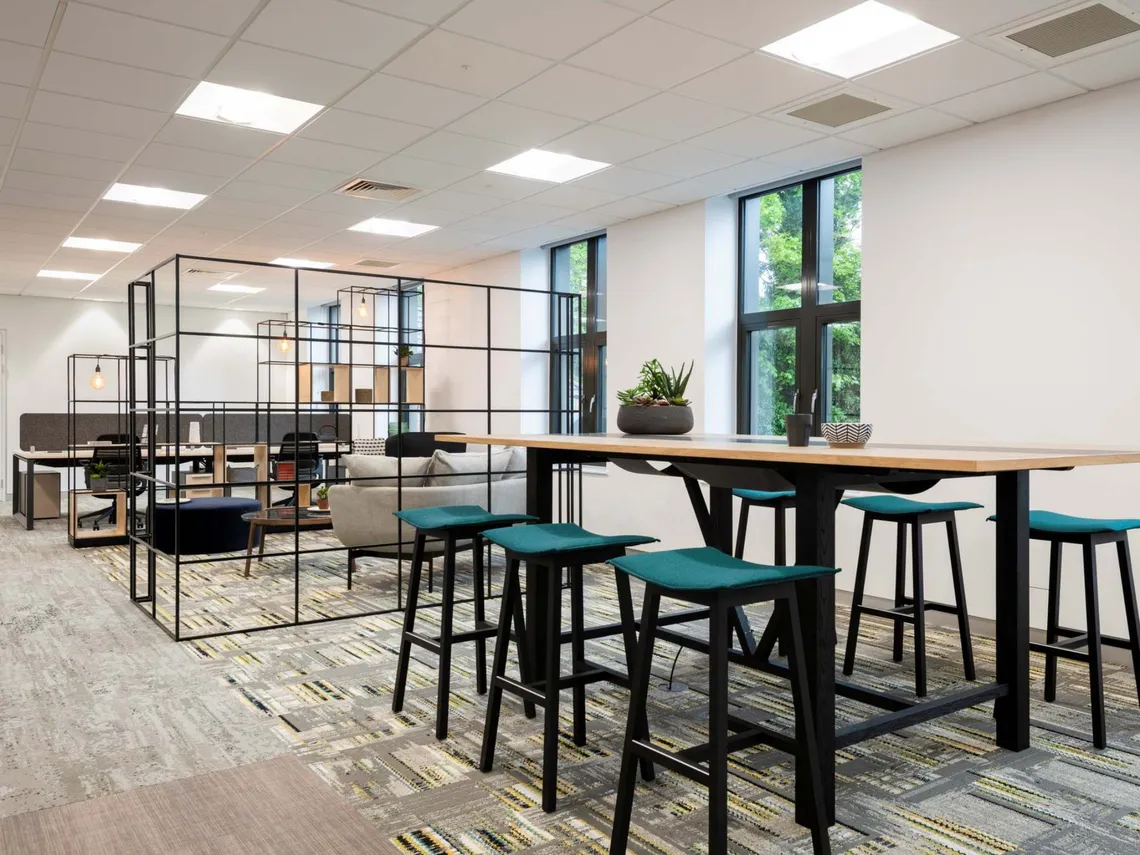
In recent times, the average employee has moved from working on one single task on one desk in one assigned space to working on many different tasks in different parts of the office. People want to become more mobile at work and the rise of wireless internet, laptops, tablets and smartphones has made that possible. Furthermore, employees are job-hopping more, companies are hiring more temporary or part-time freelancers, and teams are often built around specific, durational projects and then disbanded.
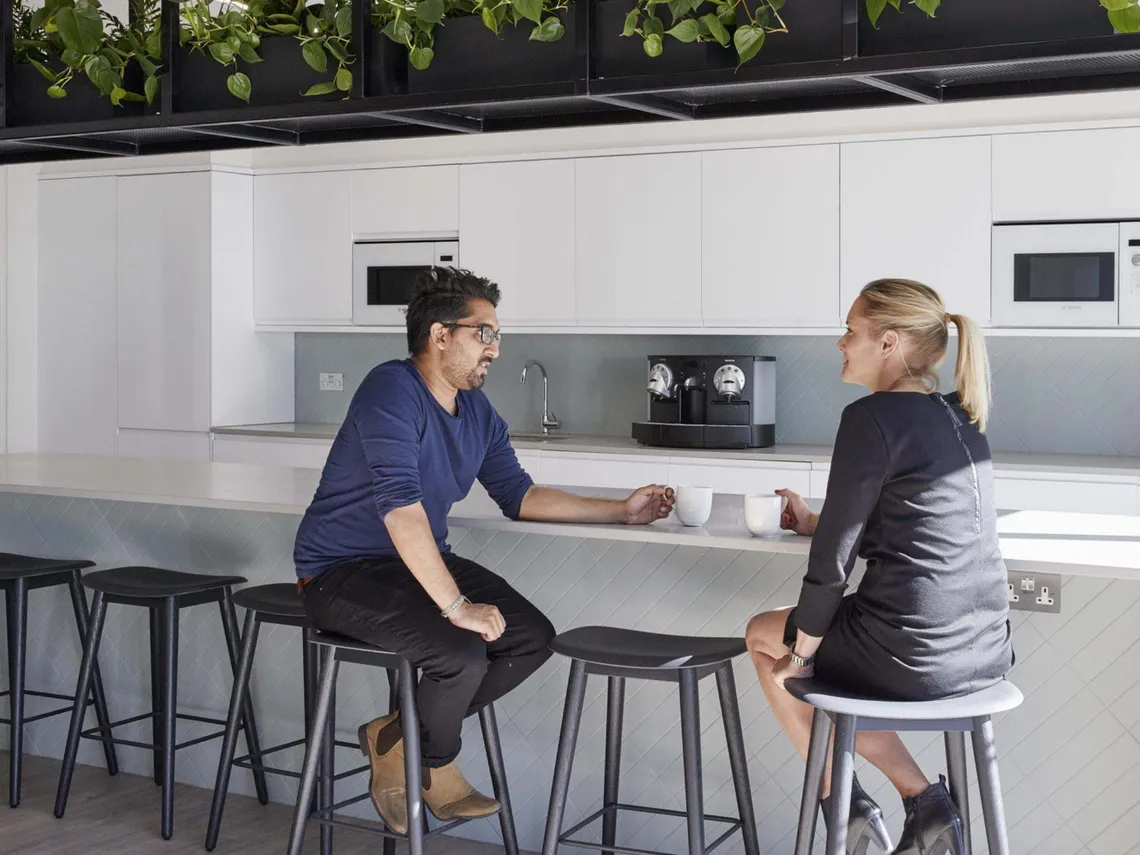
All of this has meant that managers are finding it harder and harder to organise their offices. A more flexible approach is required, but designers have been slow to catch up and architecture, once built, is hard to rethink and reconfigure. 83% of workers think they don’t need to be in an office to be productive and 43% believe that they would be more productive at home. So how do we redesign offices to be places that employees find more enjoyable and more effective to work in than at home? The answer is modular, flexible workspaces.
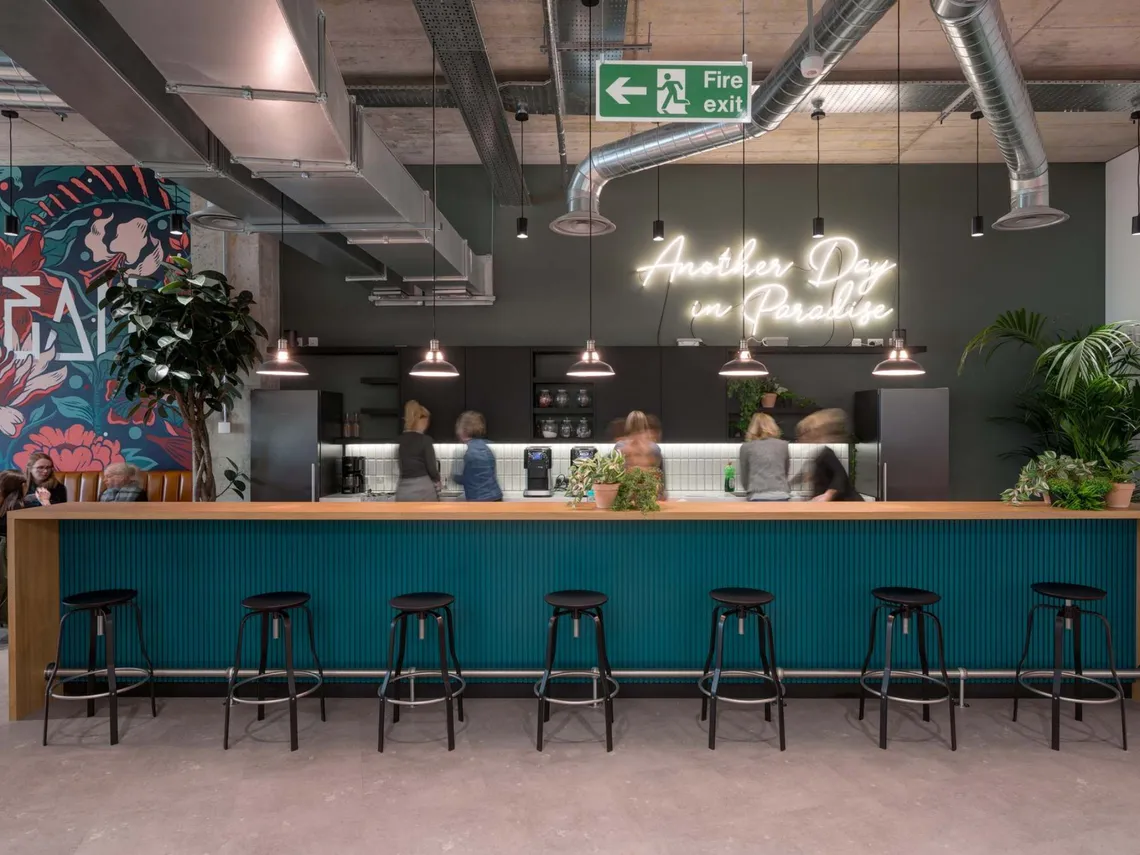
These sorts of workspaces use room dividers and flexible furniture systems. Here at Spacestor we’ve coined the term “architecture within architecture”: which means making space without walls or partitions. It’s a way of creating different zones, for different working styles, within an open-plan space by using modular, structural furniture such as pods or check out our Palisades range - a hugely flexible zoning system which can be uniquely customized to your design.
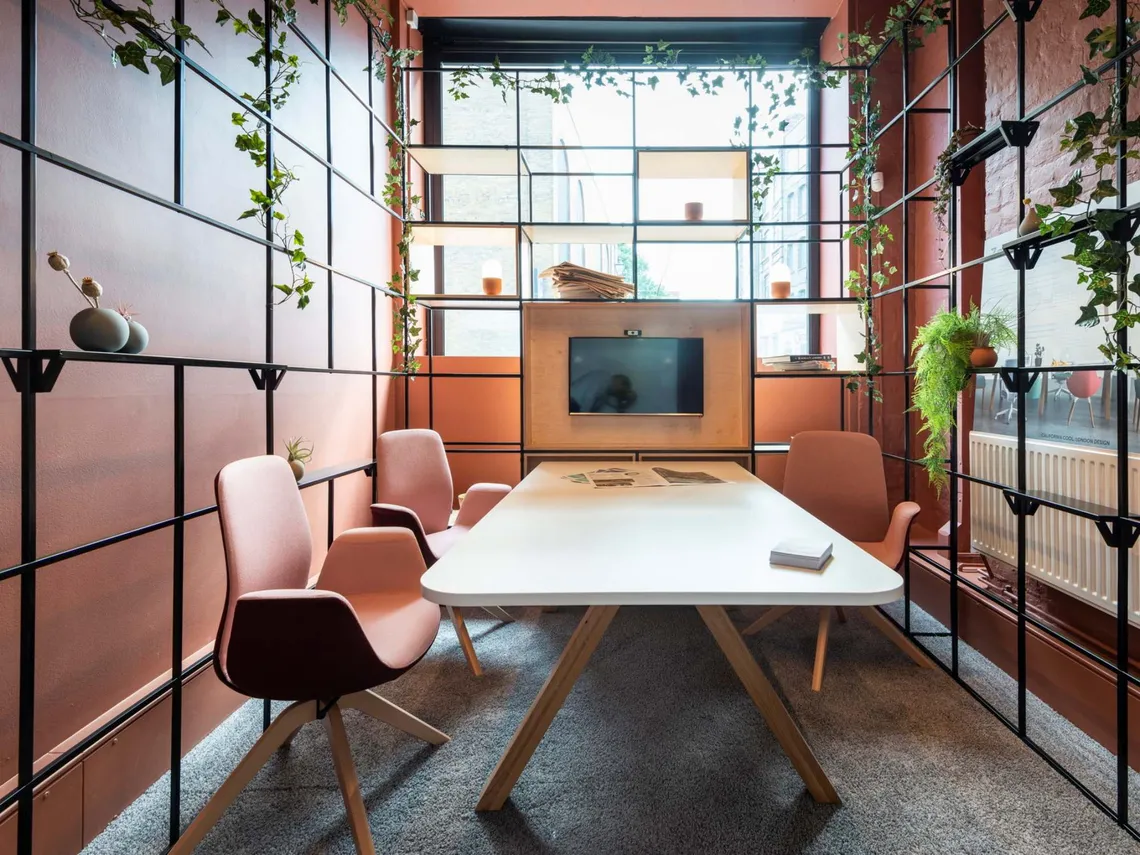
This helps to ensure that staff are happier and more productive, boosts wellbeing and assists with the attraction and retention of talented people. There is an art to dividing space; and with 70% of people wanting be more mobile at work, this topic has become more important than ever. A good office should provide different spaces in which to greet, meet, inspire, socialise, focus and collaborate. Likewise, meeting spaces need to be more nuanced to allow for different types of meetings and approaches.
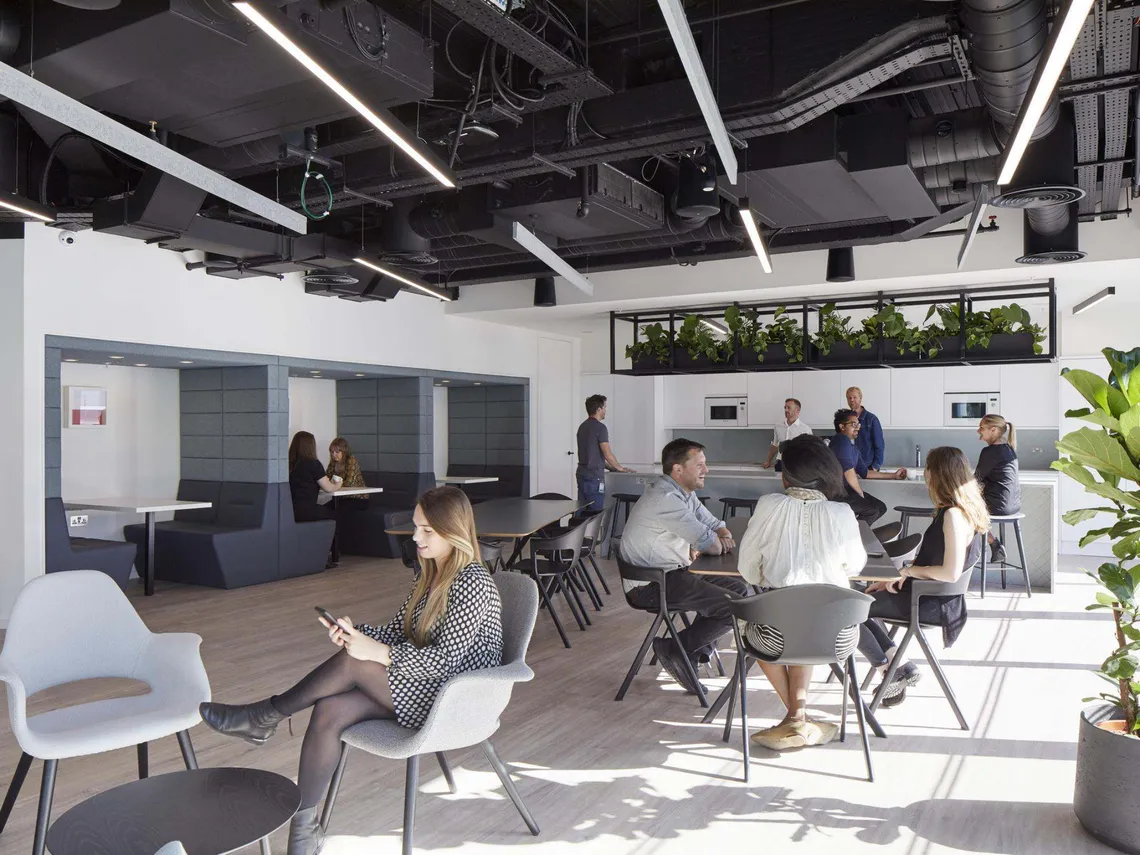
The other great advantage of architecture within architecture is its ability to adapt and grow with your business, and so to help with future-proofing. With business practices changing so fast, companies need agile office furniture that can be repurposed quickly and cleverly. And furthermore, there’s a strong sustainability argument: when there needs to be a change, having flexible components allows furniture to be reconfigured and reused rather than thrown away.
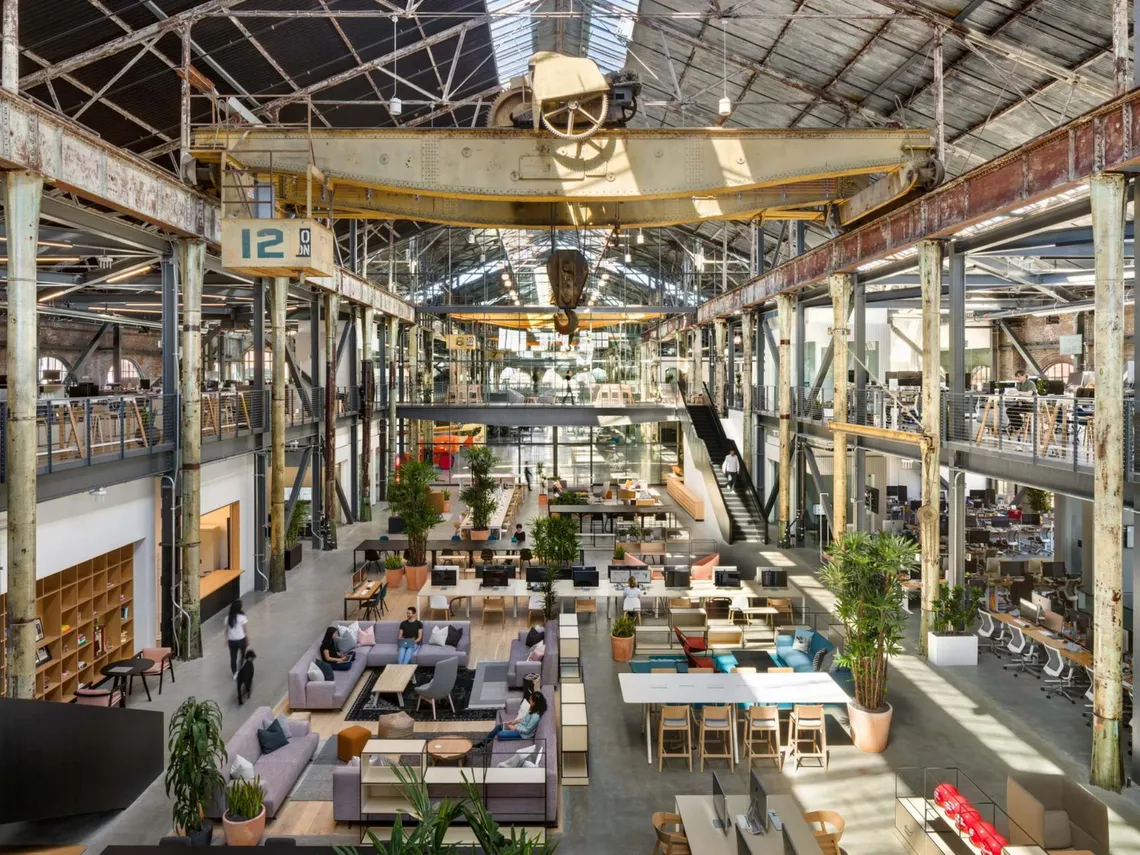
The use of modular and flexible furniture systems is a cost-effective way of working with existing infrastructure to create contemporary spaces. It’s really about creating a workspace that is dynamically agile; one that can easily change, switch, turn and pivot, quickly reflecting the needs of employees and the organisation. It’s a way of moving from short-term thinking about maintaining efficiency to long-term thinking about how to become more effective.
Put simply, better workplace design attracts better employees, which allows them to do better work. We should think of the workplace as not just a building, but a dynamic piece of architecture; as a diverse, inclusive, flowing, imaginative space without walls. The modern office should be a dynamic shapeshifting form that can quickly adapt to the pace of 21st century workstyles.
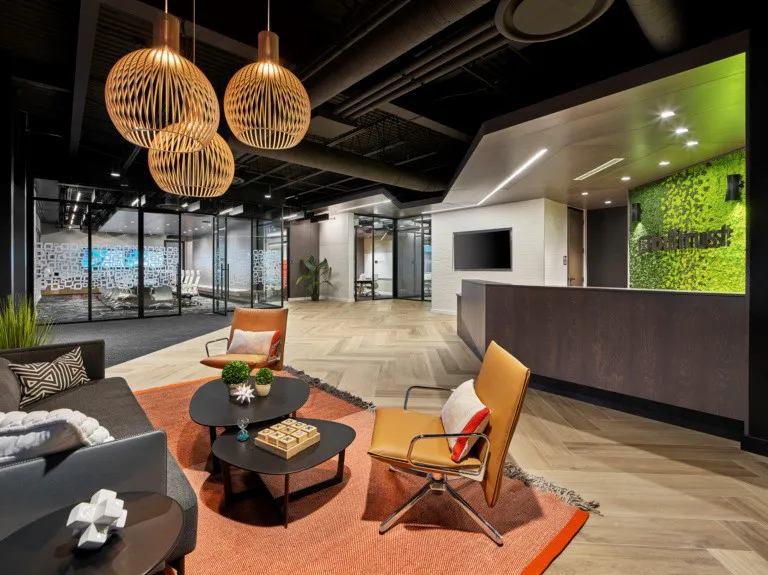
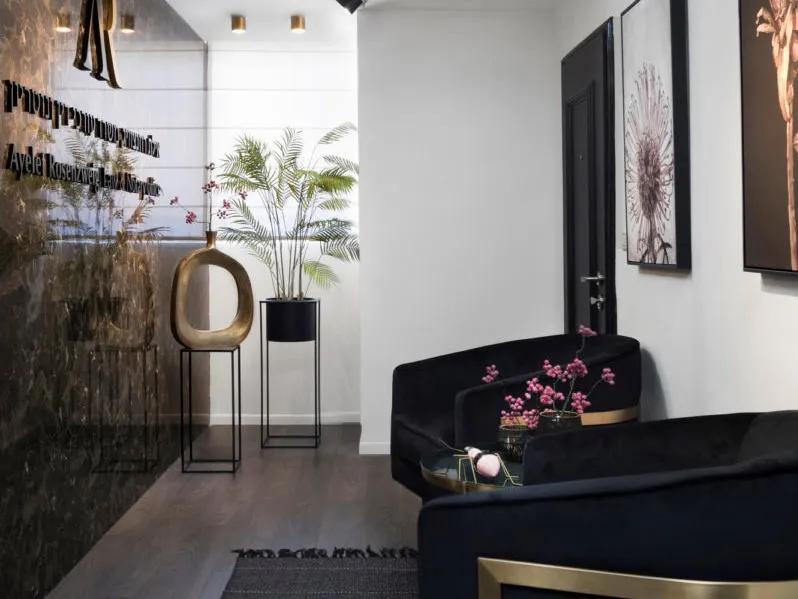
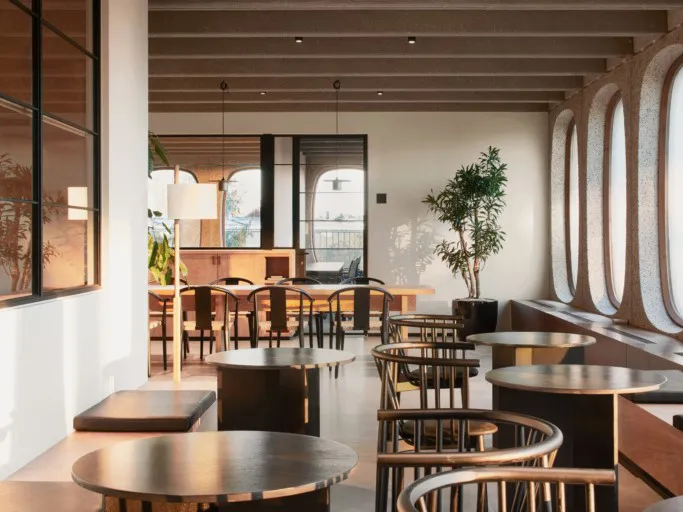


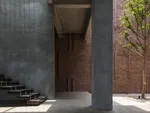
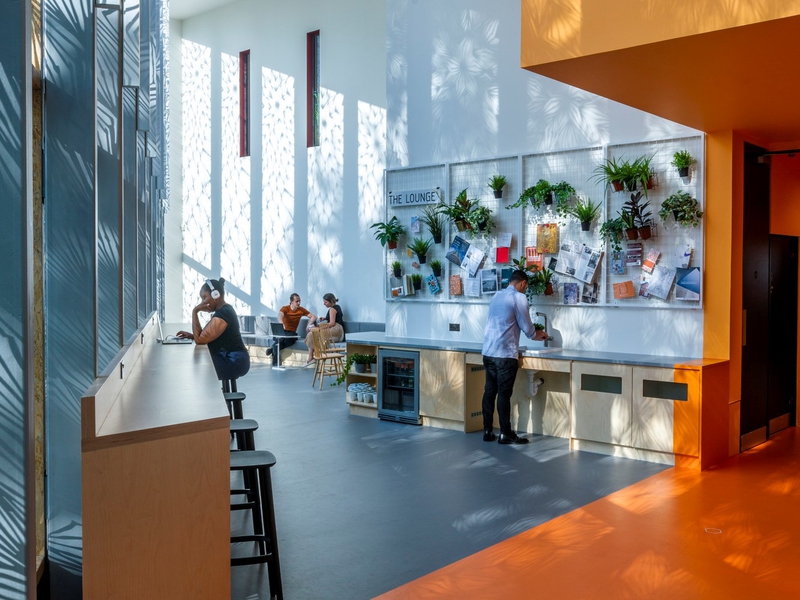
Fondé après la mort tragique de Stephen Lawrence en 1993, le Stephen Lawrence Charitable Trust a été créé pour fournir …
NON LUCRATIF
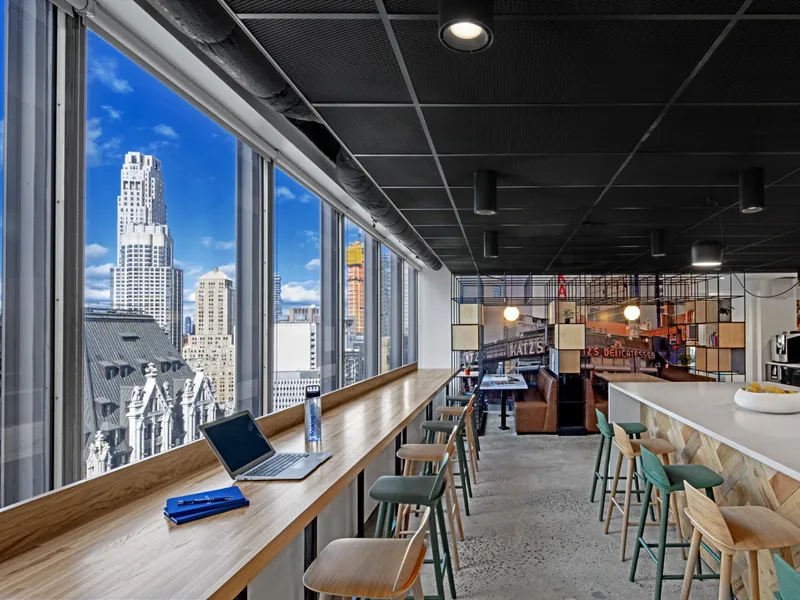
Amenant la société ensemble au coeur du quartier financier de Manhattan, Booking.com a récemment déménagé dans de nouve…
SERVICES PROFESSIONNELS
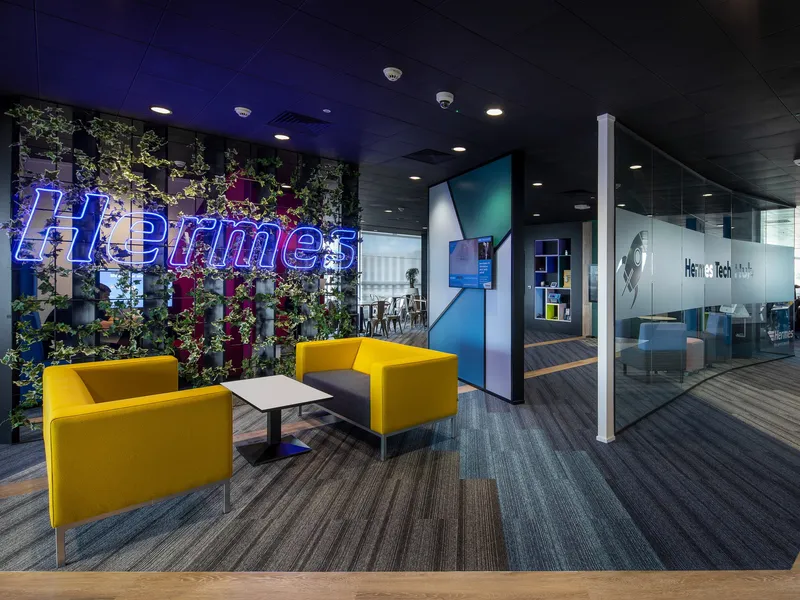
Pour son nouveau Labo Technique à Leeds, Evri avait besoin d'un espace vivant, à haute-technologie et conçu pour attire…
SERVICES PROFESSIONNELS